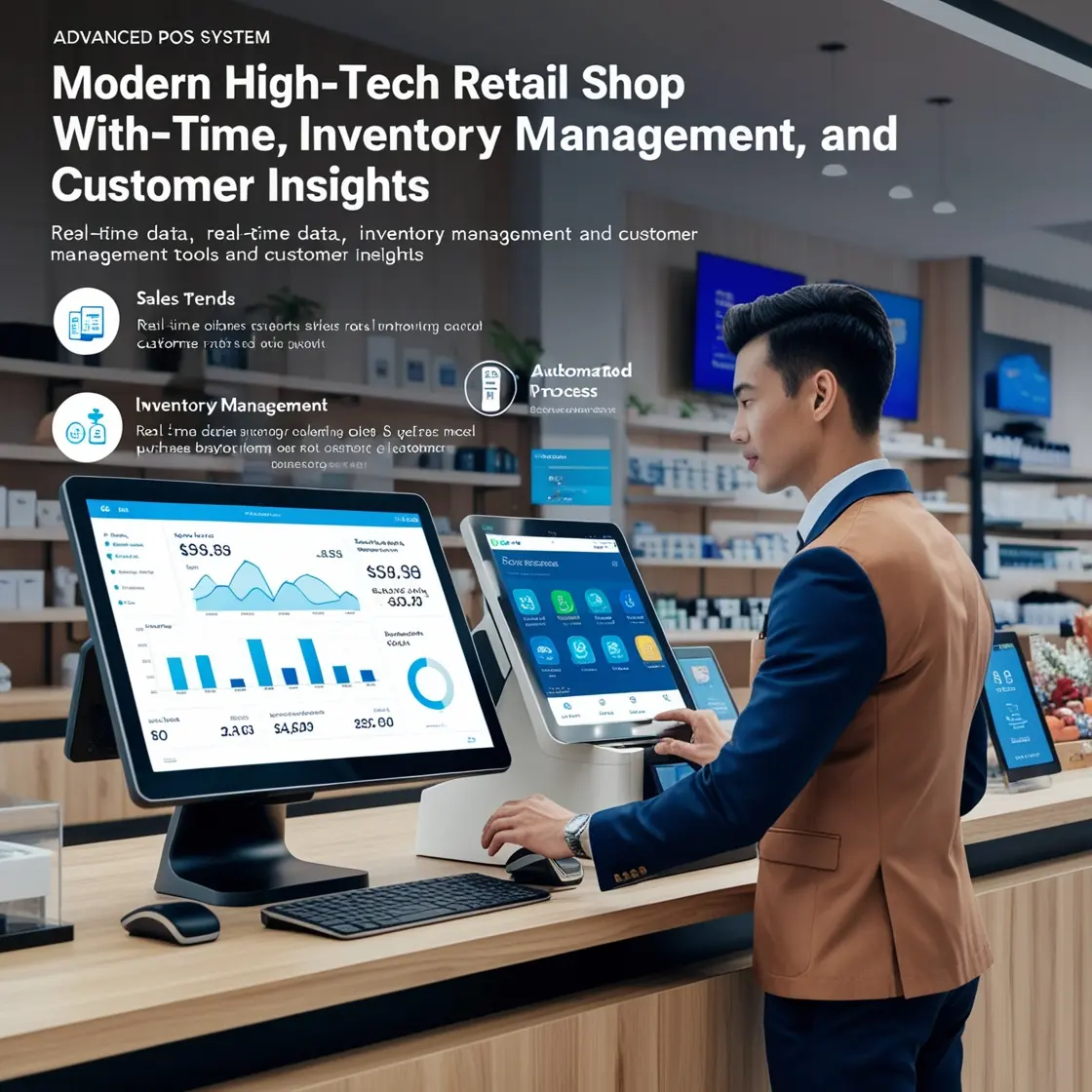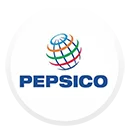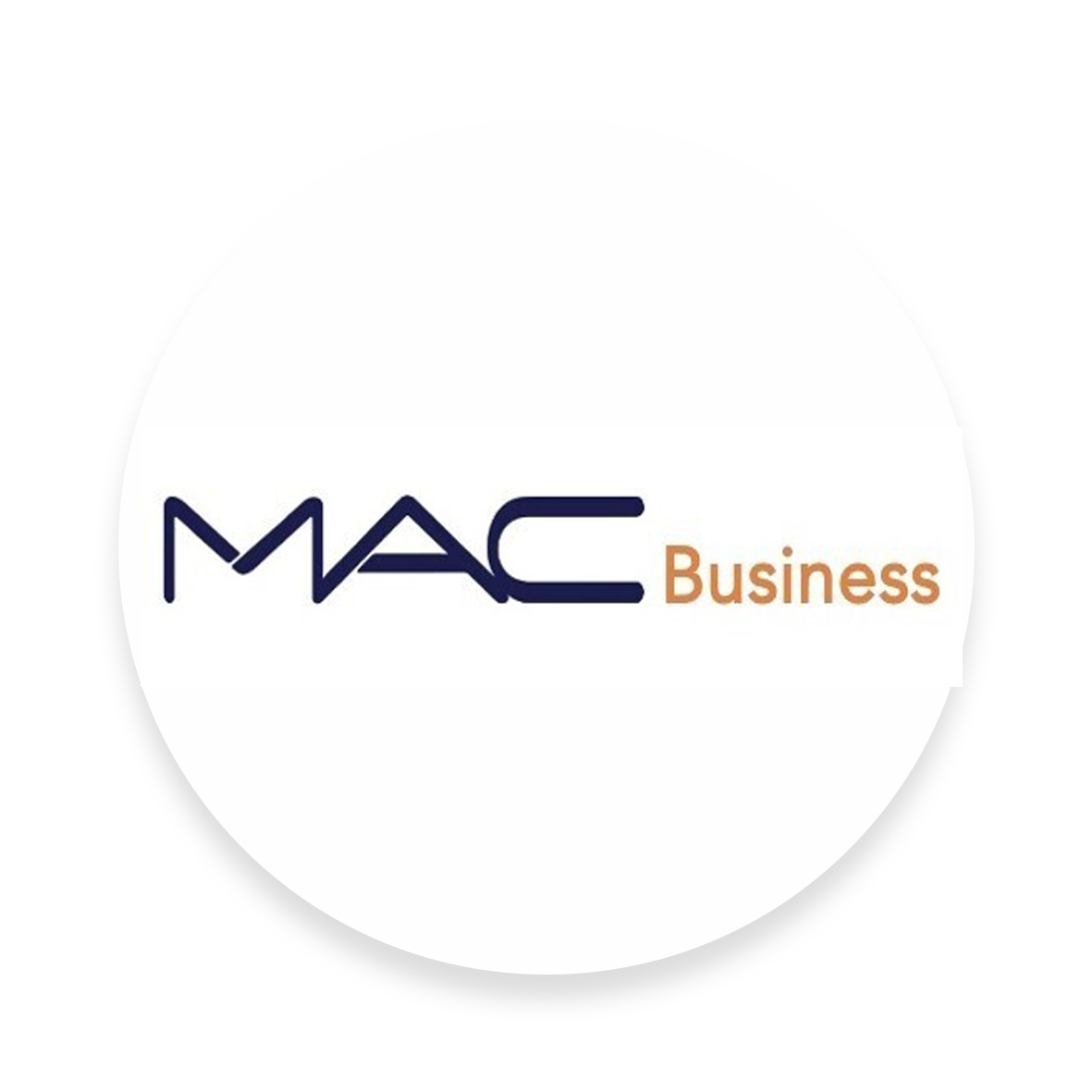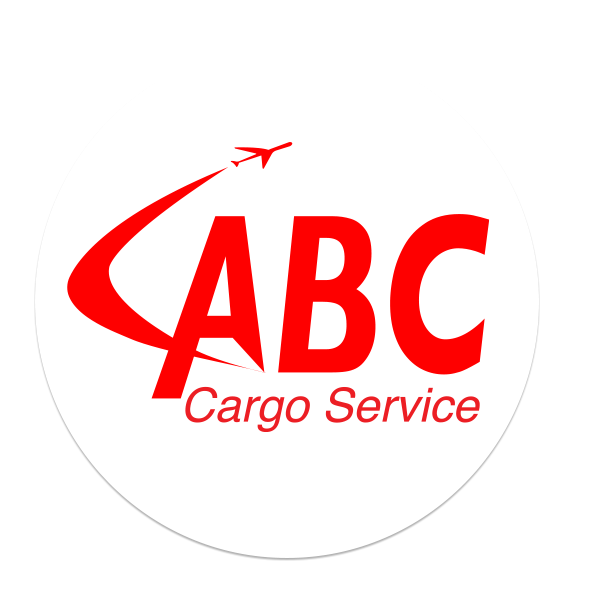


In today’s highly competitive marketplace, small businesses face the ongoing challenge of enhancing operational efficiency and increasing profitability. One of the most powerful tools available to achieve these objectives is the adoption of an advanced Point-of-Sale (POS) system. An advanced POS system is not only designed to streamline daily transactions but also provides valuable data insights that empower business owners to make informed decisions. These actionable insights can significantly contribute to improving business performance and, most importantly, enhancing return on investment (ROI).
By integrating a modern POS system, small business owners can efficiently manage inventory, track sales trends, and automate various operational tasks. These capabilities not only save time but also minimize the risk of human error, improving the overall accuracy of business processes. Furthermore, advanced POS systems offer a seamless customer experience, ensuring faster, smoother transactions that contribute to higher customer satisfaction and loyalty.
As businesses look to stay ahead in a fast-evolving market, the role of cloud-based POS systems becomes increasingly crucial. Cloud technology allows for real-time data access and remote management, providing business owners with unparalleled flexibility. Whether you're at the store or working remotely, cloud-based systems ensure you can manage your business anywhere, at any time. This technology also supports the scalability of business operations, making it easier to adapt to growing demands and expanding operations.
An advanced POS system is more than just a tool for processing transactions. It is a critical business asset that enables small businesses to streamline operations, improve customer service, and optimize inventory management. When integrated properly, advanced POS systems can significantly enhance ROI by minimizing errors, saving time, and providing real-time data that helps in making informed decisions.
Small businesses often rely on manual processes that are prone to mistakes, and this can have a direct impact on profitability. Advanced POS systems automate many aspects of these processes, from inventory management to sales reporting, reducing the likelihood of human error and ensuring smoother operations. The result is improved efficiency and reduced costs, which contribute directly to a higher ROI.
Moreover, these systems can help businesses track customer preferences, sales trends, and stock levels in real time. With this data at their fingertips, business owners can make more informed decisions regarding pricing, promotions, and product offerings, further boosting their ROI. By offering detailed reports on every aspect of the business, advanced POS systems give owners the insights they need to optimize their strategies.
The features offered by advanced POS systems are integral to improving the decision-making process within small businesses. Let’s explore some key features that can significantly contribute to better business decisions:
Inventory Management: One of the most crucial aspects of a small business is inventory management. Advanced POS systems allow business owners to track inventory in real time, reducing the risk of overstocking or running out of popular items. By maintaining optimal stock levels, businesses can increase sales without incurring unnecessary costs.
Customer Relationship Management (CRM): Many POS systems include built-in CRM features that allow businesses to track customer preferences and purchasing history. This data can be used to personalize marketing efforts, send targeted promotions, and build loyalty programs. Businesses can then retain existing customers and attract new ones, which directly contributes to long-term profitability.
Sales Reporting and Analytics: Advanced POS systems generate detailed sales reports that provide insights into sales trends, product performance, and profit margins. With this information, business owners can make more informed decisions about what products to promote, what services to offer, and how to optimize staffing and operating hours for maximum revenue.
Multi-Location Capabilities: For small businesses with more than one location, an advanced POS system can offer the ability to manage sales, inventory, and employees across multiple branches. This centralization of information makes it easier to make consistent decisions and ensures uniformity in operations, further improving profitability.
Cloud-based POS systems have revolutionized the way small businesses manage their operations. These systems, unlike traditional POS setups, store data on secure remote servers, which means that business owners can access critical information from anywhere, at any time. This added flexibility is just one of the many financial benefits of cloud-based POS systems.
Cost Savings: Cloud-based POS systems generally have lower upfront costs compared to traditional systems. There's no need for expensive on-site hardware or IT infrastructure. Businesses can subscribe to a cloud POS solution with a monthly or annual subscription fee, making it more affordable for small businesses to get started.
Reduced IT Maintenance Costs: With cloud-based POS systems, businesses no longer need to worry about maintaining servers, performing software updates, or troubleshooting hardware issues. The service provider handles all of this, which reduces IT maintenance costs and allows business owners to focus on growing their operations.
Scalability: As small businesses grow, they can easily scale their cloud-based POS systems. Whether it’s adding new registers, integrating with other business tools, or expanding into new locations, cloud-based systems offer the flexibility to grow without significant additional investment. This scalability means that businesses can grow without worrying about outgrowing their POS system.
Enhanced Security: Cloud-based POS systems provide robust data security features, including encryption and regular backups. In the event of a disaster or system failure, business owners can rest easy knowing that their data is protected and can be restored quickly. This ensures business continuity, which is crucial for maintaining consistent revenue.
Retail businesses, in particular, can benefit greatly from advanced POS systems. These systems allow businesses to better understand their sales dynamics, customer behavior, and operational needs. Retail POS systems enable small businesses to increase efficiency in several key areas:
Speed and Accuracy: Retail POS systems automate the checkout process, enabling faster and more accurate transactions. This improves customer satisfaction and reduces the chances of long lines or errors during the sales process, leading to more sales and better ROI.
Product Tracking: Retail businesses often carry a wide range of products, and keeping track of each item’s performance is essential for making informed inventory decisions. A retail POS system allows businesses to easily track sales trends, identifying which products are popular and which are underperforming. This data can guide purchasing decisions and inventory management.
Customer Insights: Retail POS systems can also track customer information, such as their purchasing history, location, and preferences. This information allows businesses to create targeted promotions and loyalty programs, leading to repeat business and higher customer lifetime value.
Integration with Other Business Functions: Many retail POS systems can integrate with other business tools, such as accounting software, inventory management systems, and marketing platforms. This integration creates a seamless flow of information and reduces the need for manual data entry, saving both time and money.
Measuring the return on investment (ROI) of a POS system is critical for small businesses to ensure that the system is providing the expected value. Here are some key metrics that business owners should track to measure POS system ROI:
Transaction Volume: The total number of transactions processed through the POS system is a direct indicator of sales growth. If the POS system is driving more sales by speeding up the checkout process and improving customer service, it will be reflected in the transaction volume.
Inventory Turnover: By tracking inventory turnover rates, businesses can measure how efficiently they are managing their stock. A higher turnover rate means that products are selling faster, which typically leads to higher revenue and profitability.
Labor Costs: With the automation features offered by POS systems, businesses can streamline their labor force, reducing the need for excessive staffing and lowering labor costs. Tracking labor costs before and after implementing a POS system will help measure its impact on overall efficiency.
Customer Retention and Acquisition: Tracking customer retention rates and acquisition costs will help business owners understand how effectively the POS system is enhancing customer satisfaction and loyalty. A POS system with CRM capabilities can help identify returning customers and track the success of loyalty programs.
The impact of advanced POS systems on small businesses cannot be overstated. By improving operational efficiency, streamlining inventory management, and offering valuable insights into sales and customer behavior, POS systems contribute directly to maximizing ROI. Cloud-based solutions, in particular, provide small businesses with flexibility, cost savings, and scalability, ensuring long-term growth and success. As retail businesses continue to evolve, investing in an advanced POS system is no longer just an option – it’s a necessity. By making the switch to a more advanced, data-driven approach, small business owners can position themselves for future success in an increasingly competitive marketplace.
Q1: What is an advanced POS system?
A1: An advanced POS system is a tool that helps businesses streamline operations, improve customer service, and manage inventory efficiently.
Q2: How do POS systems contribute to maximizing ROI?
A2: POS systems improve efficiency, reduce errors, and provide real-time data, all of which contribute to a higher ROI by lowering costs and enhancing decision-making.
Q3: What are the main advantages of using advanced POS systems for small businesses?
A3: These systems help small businesses automate processes, reduce errors, and improve customer service, which directly impacts profitability and ROI.
Q4: How does inventory management work in an advanced POS system?
A4: Advanced POS systems allow businesses to track inventory in real time, ensuring optimal stock levels and preventing overstocking or stockouts.
Q5: Can POS systems help improve customer relationships?
A5: Yes, POS systems often include CRM features that allow businesses to track customer preferences, enabling personalized marketing and loyalty programs.
Q6: What are the benefits of real-time sales reporting in POS systems?
A6: Real-time sales reporting gives business owners insights into sales trends, product performance, and profit margins, aiding in better decision-making.
Q7: How do multi-location capabilities benefit small businesses?
A7: These capabilities allow small businesses with multiple locations to centralize data, ensuring consistency in operations and improving decision-making.
Q8: What are the financial benefits of cloud-based POS systems?
A8: Cloud-based systems offer cost savings, reduced IT maintenance, scalability, and enhanced security, making them a great investment for small businesses.
Q9: How do cloud-based POS systems save businesses money?
A9: They have lower upfront costs, eliminate the need for on-site hardware, and reduce IT maintenance costs, making them more affordable.
Q10: Can cloud-based POS systems scale as a business grows?
A10: Yes, cloud-based POS systems are flexible and scalable, allowing businesses to add features or locations without significant additional investment.
Q11: What security features do cloud-based POS systems offer?
A11: Cloud-based systems provide data encryption, regular backups, and quick data recovery, ensuring business continuity and protecting against data loss.
Q12: How do retail POS systems enhance business efficiency?
A12: Retail POS systems speed up transactions, reduce errors, and provide valuable insights into sales, inventory, and customer behavior.
Q13: How do retail POS systems track customer preferences?
A13: These systems track customer purchasing history and behavior, helping businesses create targeted promotions and loyalty programs.
Q14: Can retail POS systems integrate with other business tools?
A14: Yes, many retail POS systems integrate with accounting, inventory, and marketing tools, streamlining data and reducing manual entry.
Q15: What key metrics should businesses track to measure POS system ROI?
A15: Businesses should track transaction volume, inventory turnover, labor costs, and customer retention to measure POS system ROI.


























